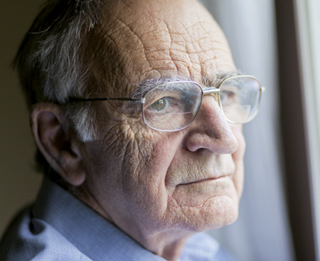
Despite the potential side effects, seniors are more likely to be treated with antipsychotic medications the older they get.
The percentage of people ages 80 to 84 with an antipsychotic prescription was about double that of those between 65 and 69, according to a study funded by the National Institute of Mental Health.
Researchers from Columbia, Yale and NIMH looked at antipsychotic prescriptions filled between 2006 and 2010 and found that about half of the older adults who used them did so for more than 120 days annually.
More than three-quarters of seniors receiving an antipsychotic prescription in 2010 had no documented clinical psychiatric diagnosis. Among those who did have a diagnosed mental disorder, nearly half of the oldest had dementia. The U.S. Food and Drug Administration has warned since 2005 that antipsychotics increase mortality in people with dementia.
Such medications also can cause dangerous side effects in non-demented patients, including metabolic problems and weight gain. That ups the risks of stroke, fractures and kidney injury.
Researchers noted about 80% of antipsychotic prescriptions among adults aged 65 and older were for atypical, or second-generation, medications. They expressed concern that just one-fifth of prescriptions for seniors 80 and over were written by psychiatrists.
Findings were in the Journal of Clinical Psychology.
From the December 01, 2015 Issue of McKnight's Long-Term Care News



